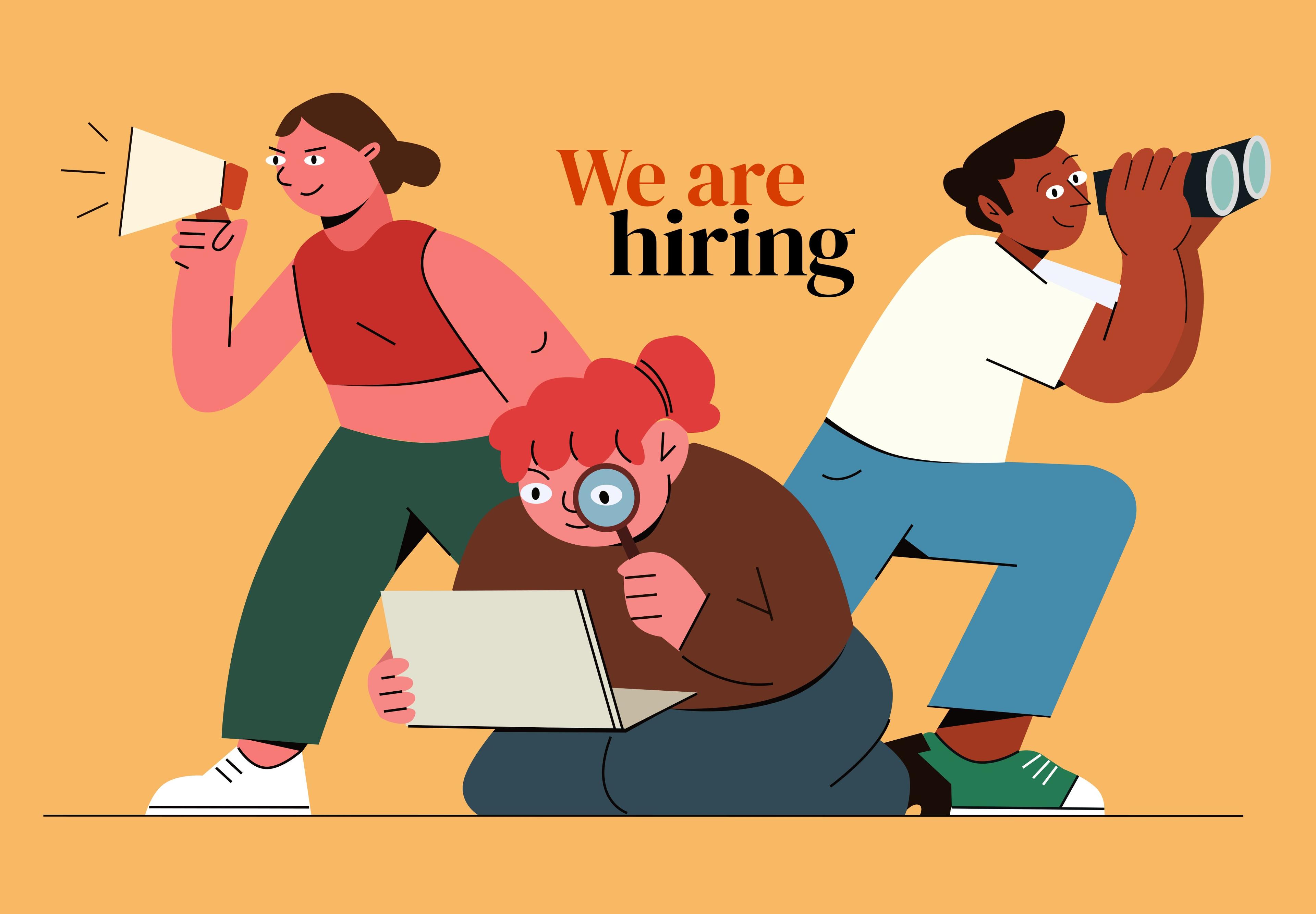Founders often like to think of interviews as relaxed conversations. They want to see if someone feels like a match for the team, has the right energy, or can handle an unstructured chat. That is usually when problems begin. The moment a hiring manager starts asking about age, marital status, religion, family plans or health, the interview stops being a casual conversation. It becomes a record that could later be read by a regulator, a lawyer or a judge. What feels like small talk to a founder can, in many jurisdictions, look very different when seen through the lens of anti discrimination and privacy law.
The law is not interested in an employer’s intention to “get to know the person” or test “culture fit.” It cares about what information was collected, how it was used and how it relates to protected characteristics. In many countries there are clear rules that forbid discrimination in hiring on the basis of race, sex, religion, national origin, disability or age. When hiring managers ask questions that expose those characteristics, they raise the suspicion that these traits may have influenced the decision. Even if no one writes “rejected because she is pregnant” or “too old for the team” in the notes, the pattern of questions and outcomes can become evidence of bias.
Regulators and enforcement bodies have warned for years that questions about protected traits create legal exposure. If an interviewer asks a candidate whether they plan to have children soon, why they are not married yet, which church they attend, or where they are really from, that question can later be used to challenge the fairness of a rejection. A candidate does not need a confession from the company. It is enough to show that the interviewer dug into personal areas that have nothing to do with job performance and that the candidate was then declined while others with similar qualifications were hired. At that point, what once sounded like informal curiosity starts to look like discriminatory intent or at least like a process that created unequal treatment.
The risk does not stop at overt discrimination. Intrusive personal questions can also feed claims of indirect discrimination and harassment. If certain groups repeatedly face questions about their family responsibilities, their ability to commit because of their age, or their religious practices, and then appear less frequently in the final hiring pool, investigators will ask why. If personal questions become sexual or suggestive, or if they repeatedly target sensitive topics, they may contribute to a hostile environment even at the hiring stage. For a young company that lives on its reputation, it takes very few such stories circulating on social media before candidates start avoiding the brand.
Beyond discrimination law, there is the question of privacy and data protection. Modern hiring processes are built on data. Applications go into an applicant tracking system, interview notes are stored and shared between reviewers, and AI tools increasingly scan resumes and online profiles. Many privacy regimes treat information about health, religion, sexual orientation or political opinion as sensitive data that demands a strong legal basis for collection, stricter security and narrower use. If a company casually collects such information in conversation, types it into the notes field and leaves it sitting in systems with broad access, it moves into a difficult legal position. It becomes hard to argue that this collection was necessary and proportionate to the hiring decision.
In regions with strict data protection frameworks, such as the European Union, this issue is particularly sharp. There, certain categories of personal data are heavily restricted. An interviewer who asks a candidate about their religious activities, their medical conditions or their sexual orientation is not only risking a discrimination claim. They may also be putting the company in breach of data protection rules. The problem grows when those notes are fed into automated systems. If interview comments like “has young kids” or “very religious” are stored alongside scores, they can accidentally become features in statistical models, even if the company never planned to use them directly.
The rise of AI in hiring has not solved these problems. It has amplified them. Many employers assume that if they pass candidate screening to an algorithm, they remove human bias. In practice, automated tools often learn from historical data that already contains biased decisions. If human interviewers in the past made judgments influenced by personal questions and sensitive traits, that pattern can be embedded in training data. The system then uses proxies to treat certain profiles less favorably, even if no one tells it explicitly to discriminate. From a legal perspective, this does not free the employer from responsibility. Regulators are increasingly clear that AI systems used in hiring are the employer’s tools. If they produce outcomes that breach anti discrimination or data protection rules, the employer is accountable.
There are, of course, narrow situations where questions about personal traits may be lawful. Some jurisdictions recognize the concept of a genuine occupational requirement. In specific roles, a particular characteristic may be necessary for the job. An example would be an acting role that requires a person of a certain age, or a safety critical job with a strict age limit under transport law. These cases are exceptions and are treated narrowly. They rarely justify asking general candidates about their family plans, their religious practices or their long term health prospects. Convenience, stereotypes about commitment and vague ideas of culture fit do not meet the threshold.
All of this sits on top of a more basic operational problem. In many organisations, interviews are almost entirely unstructured. Each interviewer invents their own questions. Some stick close to skills and experience. Others drift into personal territory to break the ice or test chemistry. Notes are scattered, incomplete and inconsistent. From a legal and governance perspective, this is a weak system. It is difficult to show that decisions were based on objective criteria rather than on personal impressions or private details. It is also hard to monitor what is actually being asked behind closed doors.
A more disciplined approach treats the hiring process as a designed workflow rather than a loose conversation. Companies can create structured question banks that focus on skills, experience, problem solving and scenarios directly linked to the role. They can set clear boundaries around topics that are off limits, with examples of questions that must never be asked. Interview training can explain not only what questions are permitted, but why certain lines of inquiry are dangerous. When interviewers understand that asking about family plans is not only rude but can later be read as evidence in a discrimination case, they are more likely to respect the guardrails.
Good design also affects how notes and data are handled. Instead of long, free form narratives that mix observations about performance with personal impressions, companies can encourage scoring against defined competencies and concise factual notes tied to job related behaviours. Systems can be configured so that sensitive personal information is neither requested nor recorded. Vendors that automatically scrape social media or invite unstructured personal commentary should be challenged or avoided. If a tool does not allow clean separation between job related signals and irrelevant personal details, it can increase the company’s exposure rather than reduce it.
For founders, the key shift is to stop treating the legal implications of personal questions in hiring as a narrow HR concern. This is a leadership and product design issue. The interview process is one of the most visible and sensitive parts of the company’s operating system. It affects who joins, who is excluded and how outsiders experience the brand. Every careless question creates a small risk that can later become a very public problem. Every disciplined, respectful interaction reinforces trust in the organisation.
The practical path forward begins with principle. Leadership can set a clear standard that interviews will only collect information with a real link to job performance or legitimate legal requirements. From that principle flows the shape of question banks, training materials, system configurations and vendor selection. The next step is transparency. Scripts and templates should be visible to HR and legal teams, and interview notes should be sampled periodically to detect drift into inappropriate territory. Where patterns of personal questioning are found, companies need to intervene quickly.
Ultimately, the companies that navigate this space well are those that see respect for boundaries as part of their value proposition. In a world where candidates routinely share their experiences online, the damage from a single intrusive or inappropriate question can go far beyond a legal file. It can erode trust among exactly the talent a company hopes to attract. When founders and hiring managers internalise that every interview is not only a conversation but also a potential piece of evidence, they start to see personal questions in a different light. The interview ceases to be a casual exchange and becomes a regulated data flow that demands the same discipline they apply to their core product. That shift, although it takes effort, reduces legal risk and builds a hiring engine that is both fairer and stronger over time.














